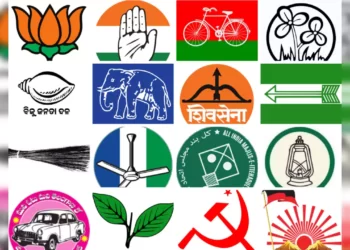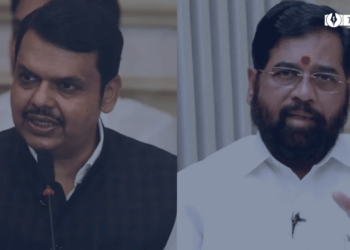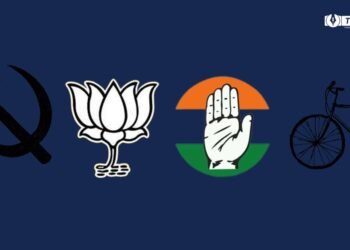[ad_1]
Politics in India has been largely dominated by dynasties. But, the concern is that the party workers and voters have always been silent about it. In modern politics, the combination of opportunism and the deteriorating concept of the coalition is a worrying aspect. The regional parties are daily changing their alliances and the grand old national party is directionless in the political sphere for now. This narrative shall not be enough to stand against BJP as an alternative.

If we look into the past, the Congress-era in Indian politics was about single-party dominance. However, at present, the BJP has created a large political network, and it is working with a vision of winning the states that have never been won by it like West Bengal. So, the nature of Indian politics has changed with time. The development is slow, but the new features are striking.
Building space for coalitions:
In a democracy, the role of political parties also includes getting the popular consent of the public. But, in the present day, the concept of politics has become more about the regime, so the traits are changing.
Now, the BJP has a stable majority in the centre. But, the state governments are under the regional parties like West Bengal, Delhi, Kerala, Telangana, Tamil Nadu among others
The States under Congress have a crisis of leadership. So, for survival in the future, it needs to change its way and reconsider its strategy for internal democracy that has been consistently targeted by other parties.
The TMC is trying to enter new states like Goa and Tripura by making a place for itself in national politics. Similarly, Arvind Kejriwal is expanding the political influence of the Aam Aadmi party in other states of Goa, Gujarat, Uttarakhand, etc.

But, the challenge is bringing all the opposition parties under a single union. Unlike the ones in Jharkhand or Maharashtra that are in the news every day and struggling to maintain the alliance every day.
In a multiparty setup like India, the importance of alliances lies incoherent socio-cultural connect, political values, and sustainability. A democratic alliance does not run with quick arrangements.
The increasing significance of Political and election strategists:
India is a political point where the voice of opposition is ceasing its hold and the political sphere has become more divided. In this situation, political strategists are playing a significant role in shaping poll outcomes.
The role of enterprises in shaping election campaigns has only increased in recent years. On the other hand, poll strategists like Prashant Kishor and Yogendra Yadav are gaining a significant role in the Political sphere. They have established an individual identity, and they are proving their capabilities through various election responsibilities and campaigns.

Yogendra Yadav has been the mind behind handling some of the most popularized movements that made a major impact in politics. But, after the movements, he has been ignoring away, and he has been unable to materialize political opportunities for his benefit. While the views and interviews by Prashant Kishore are watched by the masses because they trust his political experience.
Summing up,
The step to move ahead for the opposition parties lies in improving the existing politics. Congress needs to rethink leadership, alliances, and internal conflicts. On the other hand, regional parties have to work on their consensual framework and vision.
The opposition will have to design a collaborative and coherent plan to maintain its significance in parliament as well as streets. Democracy and development can only be strengthened by a capable opposition in front of a strong government.
Also Checkout: The Unique Defection in the Uttar Pradesh Election
[ad_2]
Source link









